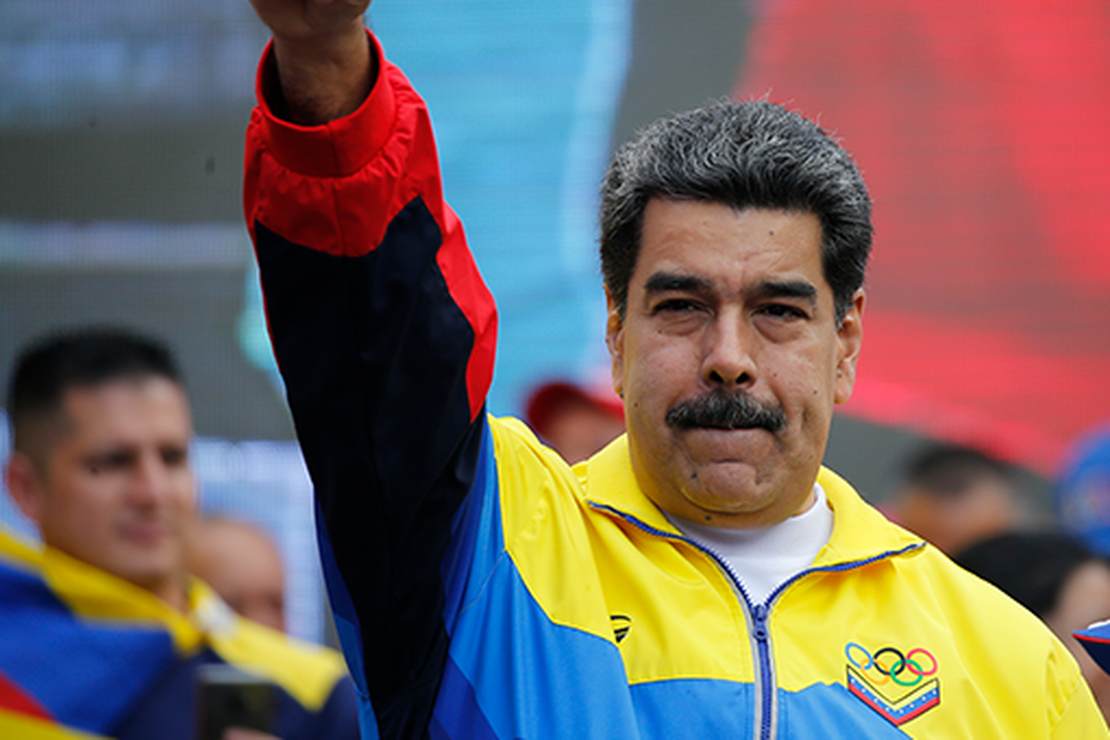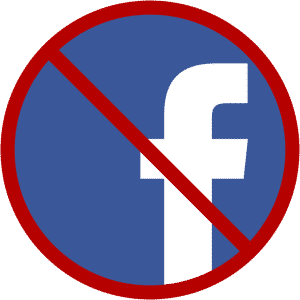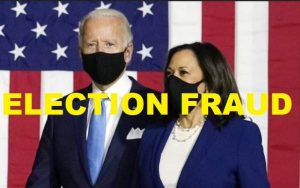Calling the vote for parliament a “fraud,” the Venezuelan opposition boycotted the election, handing President Nicolas Maduro and his allies a cheap electoral victory.
In 2015, the opposition won an apparent stunning victory over the ruling party that was then promptly stolen by dictator Maduro. Since then, opposition leader Juan Guaido has fought vainly to keep Maduro from burying the democratic process with little effect. A former friend and crony of Hugo Chavez, Maduro stole the election by appealing to friendly judges and then forming a new parliamentary body, the National Constituent Assembly. Guaido didn’t have a chance.
Washington and several Latin American countries recognized Guaido as the new president, but with China and Russia standing behind him, Maduro easily fought off challenges to this authority.
The problem, of course, is that his maintaining power has resulted in stiff sanctions against Venezuela that made an already teetering economy into a basket case. And the people may be tiring of the political discord.
Opposition leader Juan Guaido, head of the current congress, is calling on Venezuelans to skip the vote and participate in a Dec. 12 consultation that will ask citizens if they reject Sunday’s vote and whether they want a change of government.
“We all know that the result is already made up, it is fixed,” said Jose Guerra, a 52-year-old motorcycle taxi driver in the working-class neighborhood of Catia in western Caracas.
Even with the charges of fraud, anti-Maduro voters still went to the polls — for various reasons.
“We need to go out and vote to change Venezuela so there is no more hunger, so we can all have jobs and something in our pockets, to get rid of this bad government we have,” said Luis Alejandro Almeida, 32, a salesman in Catia.
One woman in eastern Caracas, the opposition stronghold, said she planned to issue an invalid vote to prevent Maduro’s allies from winning by a large margin. Another man, who declined to give his name, said he was voting because he was concerned about possible government reprisals – including being barred from traveling abroad to visit family – for abstaining.
Guaido urged the boycott after Maduro stacked the deck against the opposition.
The pro-government supreme court handed key opposition parties to politicians who were expelled from those parties on suspicion of being in league with Maduro, effectively allowing the government to choose the opposition.
They note the elections council was named without the participation of the opposition-run congress, in violation of the constitution, and that Maduro’s government refused to allow for meaningful electoral observation.
Note: For those who don’t believe election voting machines can be manipulated, Smartmatic voting machines, which some states used this past election, won’t do business with the Venezuelan government anymore. As Reuters reports, Smartmatic discovered “the participation tally was manipulated by at least 1 million votes” in the 2017 election.
The December 12 “consultation” vote won’t matter much either. Maduro has the army and is keeping a tight grip on the political process. It’s not likely that any vote held by Maduro will ever dislodge him from power.



